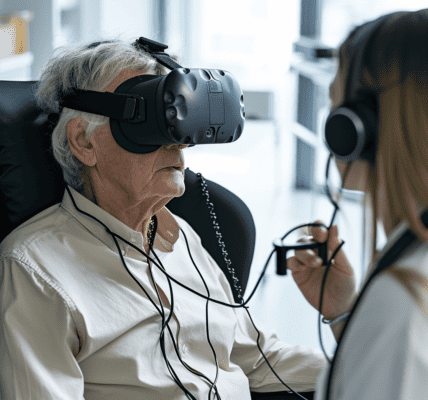As Valentine’s Day approaches, many popular songs and poems focus on the theme of broken hearts caused by failed romances. However, there is a physiological heart condition that may be related to emotional hardship: takotsubo syndrome, also known as broken heart syndrome.
While some stressors that affect the heart are entirely physical, such as disseminated infections causing shock and predisposing to heart muscle failure, takotsubo syndrome is characterized as a “stress cardiomyopathy.” This condition causes the heart muscle to function improperly, leading to complications that may include congestive heart failure. The causative events for this syndrome could be emotional, physical, or a combination of both.
This syndrome raises intriguing questions about the relationship between emotional stress and physical health. As we approach Valentine’s Day, it’s important to consider not only the emotional impact of failed romances but also the potential physiological effects on the heart.





